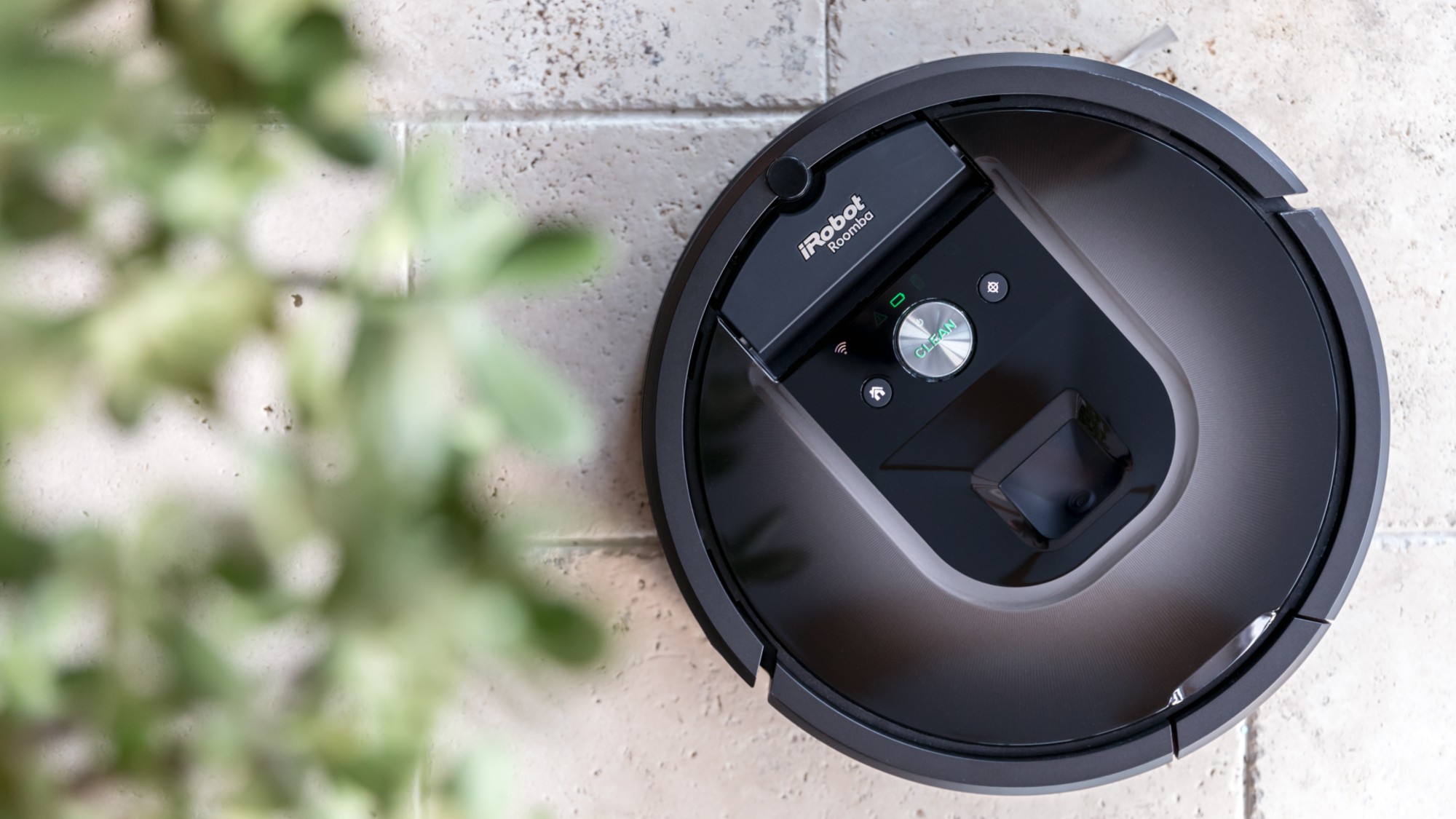AI workslop is muddying the American workplace
Using AI may create more work for others


A free daily email with the biggest news stories of the day – and the best features from TheWeek.com
You are now subscribed
Your newsletter sign-up was successful
Though companies boast about how artificial intelligence is revolutionizing the workplace, the incorporation of AI is actually reducing productivity as workers create “workslop,” according to new research. This low-effort AI-generated content is making other people’s jobs more difficult and building resentment among co-workers.
What’s workslop?
AI workslop is the “new busywork,” said a study by Stanford Social Media Lab and BetterUp Labs. It’s defined as “AI-generated work content that masquerades as good work but lacks the substance to meaningfully advance a given task,” said the researchers at Harvard Business Review. Essentially, employees are “using AI tools to create low-effort, passable-looking work that ends up creating more work for their co-workers.”
This can appear in different ways, from “bad code to decks with incomplete information or just strangely worded emails,” said CNBC. “It all has the same effect of adding work onto the recipient to make sense of it all.”
The Week
Escape your echo chamber. Get the facts behind the news, plus analysis from multiple perspectives.

Sign up for The Week's Free Newsletters
From our morning news briefing to a weekly Good News Newsletter, get the best of The Week delivered directly to your inbox.
From our morning news briefing to a weekly Good News Newsletter, get the best of The Week delivered directly to your inbox.
The problem is substantive. Of the 1,150 U.S. full-time employees surveyed, 40% received AI workslop in the last month. And it takes an average of two hours to resolve each workslop incident.
Receiving workslop can be demoralizing, too. “Instead of freedom, some desk workers find themselves slogging through with low-quality work,” said Insider. “Experienced software engineers are now debugging code, graphic designers are making generative-AI images look like something humans actually want to see and writers are editing the words that large language models spit out for accuracy, then rewriting it to cover up ChatGPT’s telltale signs.”
How does it affect the workplace?
The prevalence of workslop is an “evolution of ‘cognitive offloading,’” said Futurism. This is the term that “psychologists use to describe outsourcing your thinking to a piece of technology, be it a calculator or a search engine.” Unlike previous iterations of cognitive offloading, workslop “uniquely uses machines to offload cognitive work to another human being,” said the researchers.
This can build up resentment in the workplace. If your coworker “foists lengthy, useless docs generated by AI onto your desk, it can feel like they are not pulling their weight or are not capable of doing the work themselves,” said Insider.
A free daily email with the biggest news stories of the day – and the best features from TheWeek.com
There’s also a “deeper dread that comes from toiling in workslop,” said CNN. The current “cultural moment" has the “titans of Corporate America" unable to “stop talking about how the technology is so powerful it’s bound to replace the very people it has been foisted upon.” Workslop is the “inevitable (and avoidable) result of companies blindly adopting tools that don’t work simply because a handful of Silicon Valley billionaires declared that chatbots were the next internet.”
Ultimately, “writing, coding or designing is about communicating ideas to others,” said Insider. There may come a time when people disavow the supposed power of AI. If work is “outsourced to gen AI with little to no human oversight, there may be little value for the human on the other end who has to read it.”
Devika Rao has worked as a staff writer at The Week since 2022, covering science, the environment, climate and business. She previously worked as a policy associate for a nonprofit organization advocating for environmental action from a business perspective.
-
 The ‘ravenous’ demand for Cornish minerals
The ‘ravenous’ demand for Cornish mineralsUnder the Radar Growing need for critical minerals to power tech has intensified ‘appetite’ for lithium, which could be a ‘huge boon’ for local economy
-
 Why are election experts taking Trump’s midterm threats seriously?
Why are election experts taking Trump’s midterm threats seriously?IN THE SPOTLIGHT As the president muses about polling place deployments and a centralized electoral system aimed at one-party control, lawmakers are taking this administration at its word
-
 ‘Restaurateurs have become millionaires’
‘Restaurateurs have become millionaires’Instant Opinion Opinion, comment and editorials of the day
-
 Can Europe regain its digital sovereignty?
Can Europe regain its digital sovereignty?Today’s Big Question EU is trying to reduce reliance on US Big Tech and cloud computing in face of hostile Donald Trump, but lack of comparable alternatives remains a worry
-
 Claude Code: Anthropic’s wildly popular AI coding app
Claude Code: Anthropic’s wildly popular AI coding appThe Explainer Engineers and noncoders alike are helping the app go viral
-
 Will regulators put a stop to Grok’s deepfake porn images of real people?
Will regulators put a stop to Grok’s deepfake porn images of real people?Today’s Big Question Users command AI chatbot to undress pictures of women and children
-
 Most data centers are being built in the wrong climate
Most data centers are being built in the wrong climateThe explainer Data centers require substantial water and energy. But certain locations are more strained than others, mainly due to rising temperatures.
-
 The dark side of how kids are using AI
The dark side of how kids are using AIUnder the Radar Chatbots have become places where children ‘talk about violence, explore romantic or sexual roleplay, and seek advice when no adult is watching’
-
 Why 2025 was a pivotal year for AI
Why 2025 was a pivotal year for AITalking Point The ‘hype’ and ‘hopes’ around artificial intelligence are ‘like nothing the world has seen before’
-
 What is Roomba’s legacy after iRobot bankruptcy?
What is Roomba’s legacy after iRobot bankruptcy?In the Spotlight Tariffs and cheaper rivals have displaced the innovative robot company
-
 AI griefbots create a computerized afterlife
AI griefbots create a computerized afterlifeUnder the Radar Some say the machines help people mourn; others are skeptical
